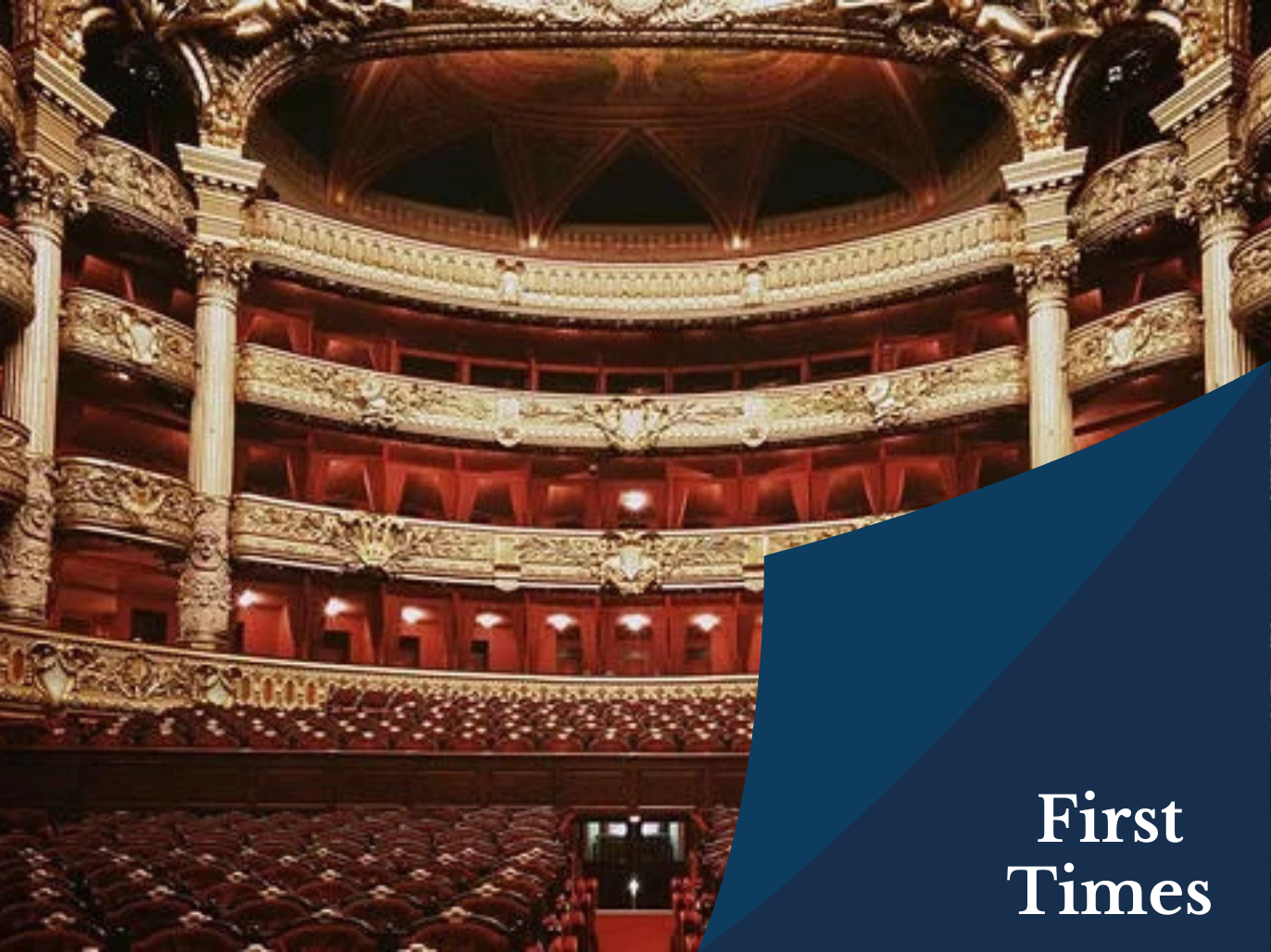New First Times, Again and Again
Perhaps you have no recollection of your first opera at all. Maybe your relationship with the whole idea of watching opera is looser and less intense – a good thing, in many ways. Perhaps you simply can’t remember, however long ago it was.
The Bristol Figaro was my mother’s first opera too. So I texted her while writing this, and asked her if she remembered it. “I don’t, and I feel sad to admit that,” she has just replied. “Give me some clues.” The most distinctive thing I can think of to text back is a description of Carlo Rizzi’s hair. “Oh yes,” she has replied now.
Anyway, one “first time” is quickly replaced by another. I remember my first times at English National Opera, at Covent Garden and at Glyndebourne; I remember my first time seeing an opera on foreign soil and my first time seeing an opera that I had to review. I try to shun nostalgia in my life and avoid it in my work. Yes, it can be hard.
You might think these “firsts” soon run dry, but there are always new experiences to be had. I still haven’t been to Bayreuth or La Scala. There is an opera festival where I live that stages opera in prisons, in basements, in people’s apartments, on boats and in disused warehouses. At many of its performances, you’re left thinking “well this is the first time I’ve seen an opera staged in a [insert unusual venue].”
And I’m sure there are operas by well-known composers that have yet to enter my life and remain there, as cherished works. I was reminded about one of these a few months ago, when I was sent to review a production of Tchaikovsky’s opera Iolanta. It was only the second time I’d seen the opera staged, though I must have listened to it dozens of times in between.
I remember my first Iolanta in some detail. It was presented at the Guildhall School of Music and Drama in 2011, in a double-bill with Donizetti’s opera Rita, which was performed first. I arrived slightly late for that (thanks to the London Underground), was put in a spare ‘house-seat’ by an usher and remained flustered up to the interval, when I got a beer.

